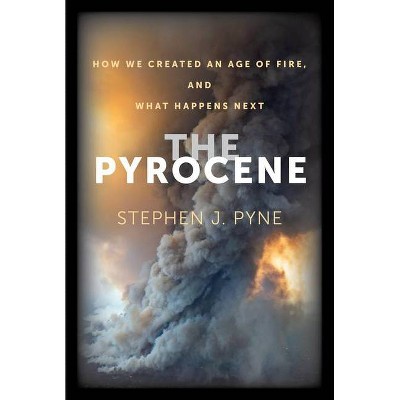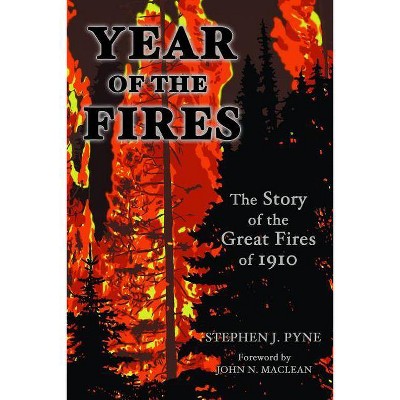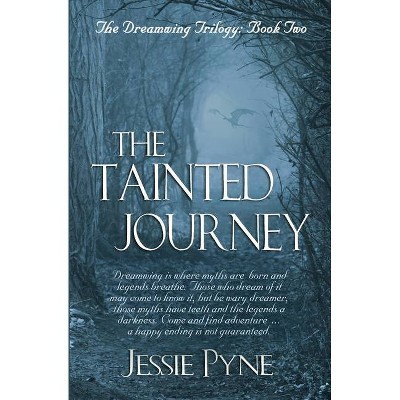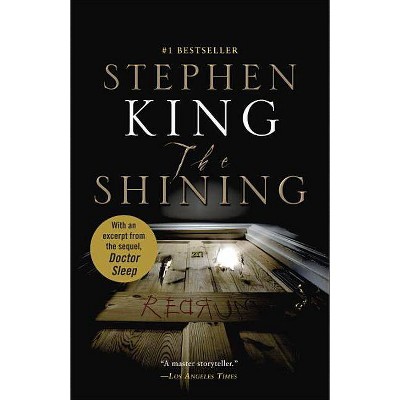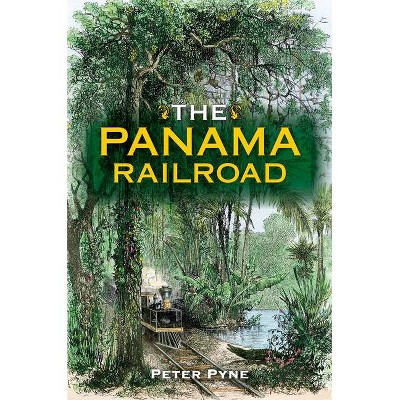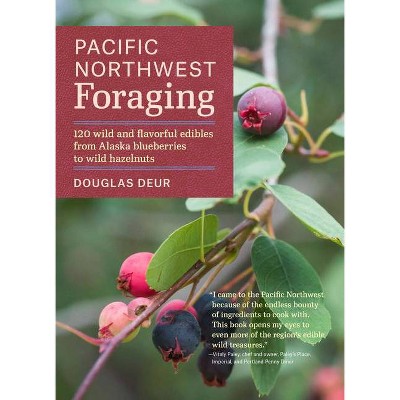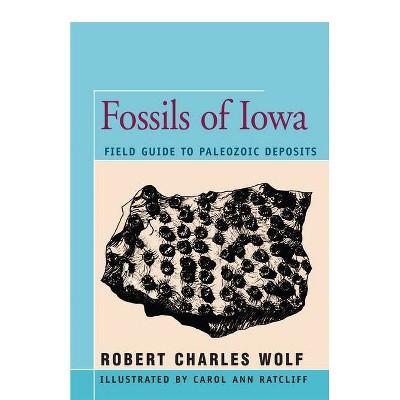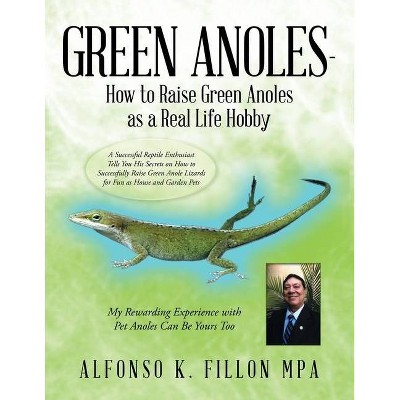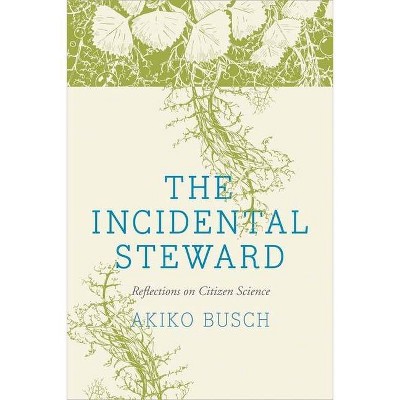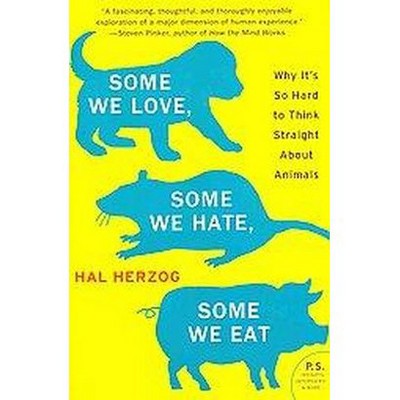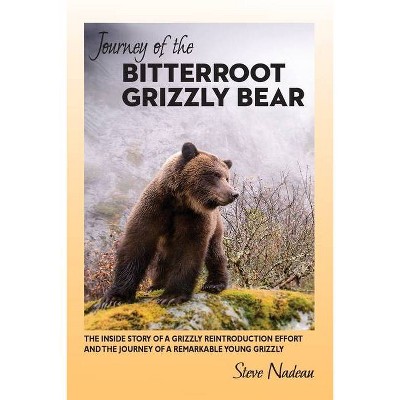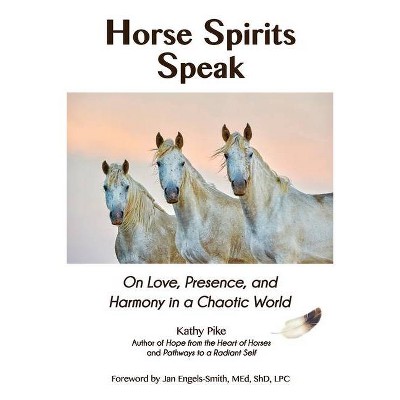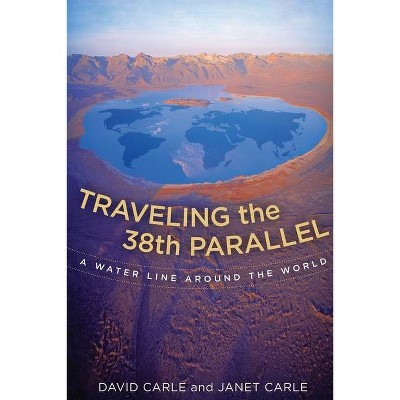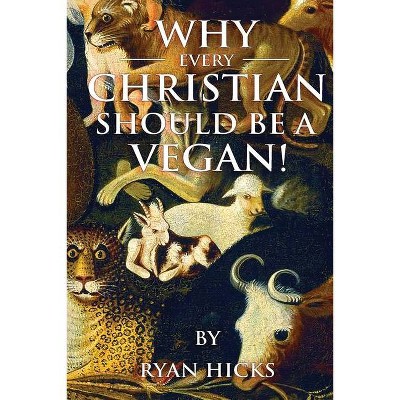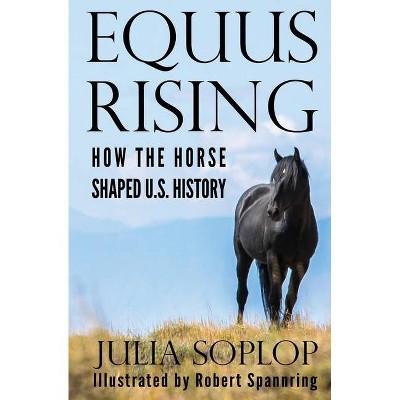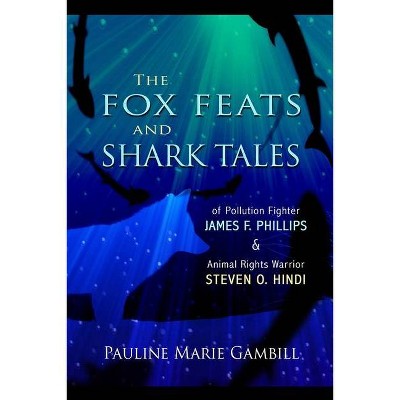The Still-Burning Bush - by Stephen Pyne (Paperback)
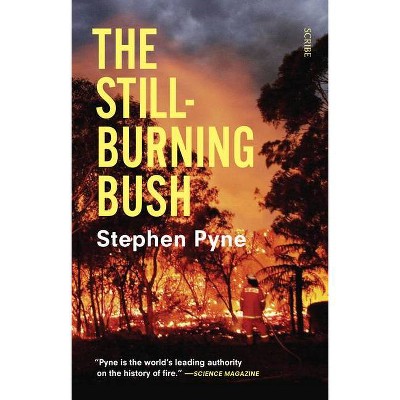
Similar Products
Products of same category from the store
AllProduct info
<p/><br></br><p><b> About the Book </b></p></br></br><p><strong>Long a fire continent, Australia now finds itself on the leading edge of a fire epoch.</strong></p><p/><br></br><p><b> Book Synopsis </b></p></br></br><p><strong>Long a fire continent, Australia now finds itself at the leading edge of a fire epoch.</strong></p> <p>Australia is one of the world's fire powers. It not only has regular bushfires, but in no other country has fire made such an impact on the national culture.</p> <p>Over the past two decades, bushfires have reasserted themselves as an environmental, social, and political presence.</p> <p><em>The Still-Burning Bush</em> traces the ecological and social significance of the use of fire to shape the environment through Australian history, beginning with Aboriginal usage, and the subsequent passing of the firestick to rural colonists and then to foresters, to ecologists, and back to Indigenes.</p> <p>Each transfer kindled public debate not only over suitable fire practices but also about how Australians should live on the land. In Australia, the 2019-2020 season have heightened the sense of urgency behind this discussion, as the megafires of recent decades and the serial conflagrations in California have for Americans.</p> <p><em>The Still-Burning Bush</em> examines the global changes that are affecting Australia (and the world). Especially pertinent is the concept of a Pyrocene--the idea that humanity's cumulative fire practices are fashioning the fire equivalent of an ice age.</p><p/><br></br><p><b> Review Quotes </b></p></br></br><br><p>"In a world on fire--literally and figuratively--a scholar revisits and reinforces the science behind the conflagrations. Both the scientific world and professionals who work in forestry management view Pyne's seminal <em>Burning Bush: A Fire History of Australia</em> (1991) as something between a road map for preventing future disasters and a work of poetry. This follow-up is a hybrid of sorts, adding a new preface and epilogue to a previous sequel with the same title but also including contemporary context to the concepts that were reiterated in the 2006 edition... impressive... More solid work from a fire expert." <br />--<b><i>Kirkus Reviews</i></b></p> <p>"[An] eloquent and provocative book". <br />--<b>Simon Caterson, <i>The Age</i></b></p> <p>"An elegant and passionate contribution to a conversation that's often caught in spin, agendas, fear." <br />--<b>Ashley Hay, <i>The Bulletin</i></b></p> <p>"The perfect solution will always elude us, but we can reduce the dangers associated with fire and use it to our and the environment's advantage. Pyne has contributed constructively to this urgent debate." <br />--<b>George Thomas, <i>Coast & Country</i></b></p> <p>"The argument is important, on-going and unresolved; and the book... intended to assist discussion on matters of public interest. Highly recommended." <br />--<b>A.M. Lucas, University of East Anglia, <i>Reviews in Australian Studies</i></b></p> <p>"Stephen Pyne has written an elegant, provocative and gently persuasive addition to his earlier books. It has the added value of being optimistic and practical over an issue about which many urban Australians fatalistically define as an inevitable periodical scourge." <br />--<b>Bill Tully, <i>Voice</i></b></p> <p>"No-one has quite synthesized the questions of fire, science, history and society in Australia as Stephen Pyne has done... Stephen Pyne, at his best, is--if not a poet--a beautiful writer. His prose has clarity and passion, filled with knowledge and understanding of a subject that has consumed much of his attention since the first of his 15 summers as a seasonal firefighter." <br />--<b>John Schauble, <i>History Australia</i></b></p> <p>"Pyne's short book... charts the cyclical nature of official attitudes to fire in Australia and the transfers of the prevailing conventional wisdom about fire... This book is a brief and readable summation of the biology, the policy, the imposition of European values on a distinctly non-European landscape, the maturation of the technocratic attitude, the rise of the conservationist non-burners and the land use changes, which all have influenced strategic fire use in Australia... Read this book and benefit from the global perspective of this learned American author." <br />--<b>Robert Dyason, <i>Australian Forest Grower</i></b></p><br>
Price History
Cheapest price in the interval: 15.39 on October 22, 2021
Most expensive price in the interval: 15.39 on December 20, 2021
Price Archive shows prices from various stores, lets you see history and find the cheapest. There is no actual sale on the website. For all support, inquiry and suggestion messagescommunication@pricearchive.us
